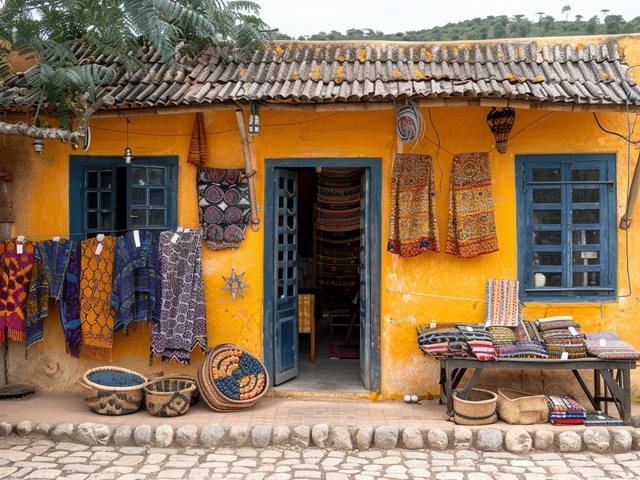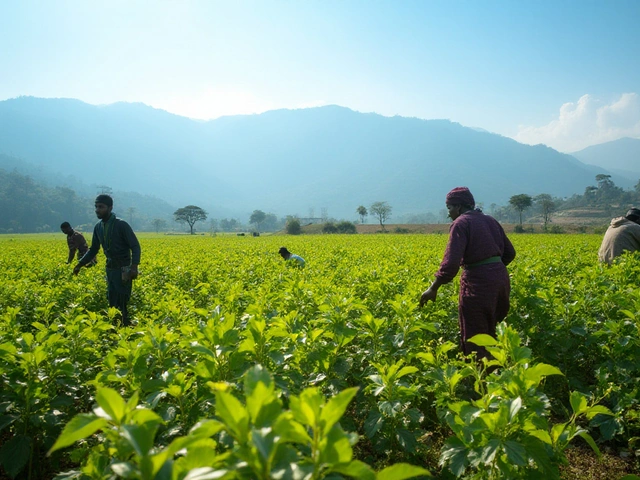Living Conditions in Ethiopia: What You Really Need to Know
Thinking about life in Ethiopia? Living here means adapting to a mix of old traditions and a rapidly changing economy. Whether you're eyeing a move for work or just curious, understanding daily life matters—a lot. Costs, salaries, neighborhoods, and the job scene? Each paints a different picture depending on where you land.
First up, housing varies wildly. In big cities like Addis Ababa, you'll find everything from modern condos to the classic tukul huts made of mud and thatch in rural areas. House rents in Addis can eat up a big chunk of your salary, especially if you want a place with stable water and electricity. Some areas still struggle with patchy utilities, so it's smart to ask around before signing a lease. Out in the countryside, homes are cheaper but you'll trade convenience for calm—a real toss-up depending on your lifestyle.
How about money? The average monthly income in Ethiopia is a lot lower than in Western countries. Salaries depend on your field, with tech, engineering, and certain healthcare roles paying the most. Teachers and nurses generally earn less, though some jobs come with benefits like housing or allowance for transportation. If you want to live comfortably in Addis, plan for your biggest expenses to be rent, food, and, if you have kids, school fees. Groceries at local markets are affordable but eating out at modern restaurants can hit your wallet hard. Many expats and locals alike budget carefully, shopping at open markets instead of supermarkets for daily savings.
Safety is a bigger concern in cities, especially at night. Areas around embassies and main roads tend to be safer, but petty crime like pickpocketing still pops up. Rural areas are calmer but lack some services city folks take for granted—like anytime internet, reliable health care, and public transport.
Speaking of getting around, public transportation in Addis is cheap but crowded. Taxis and the city’s new light rail help, but if you're planning to work across town, be ready for long commutes. Outside the capital, most people rely on shared minibuses or even walking.
For career opportunities, Ethiopia offers jobs in education, healthcare, construction, and agriculture. More digital and remote jobs are popping up, but internet issues can limit your options. Foreigners can work here, though they need the right permits and might find the salary structure much different from back home. That said, there’s a huge push for investment and development, which means new opportunities keep coming up, especially in cities.
Daily life here is all about adapting. Even things like language affect your experience—Amharic is the official language but you’ll hear lots of Oromo, Tigrinya, and more. Knowing just a few basics helps you settle in and make friends faster. Friendly neighbors, tight-knit communities, and a slower pace of life in many areas help balance out the challenges.





